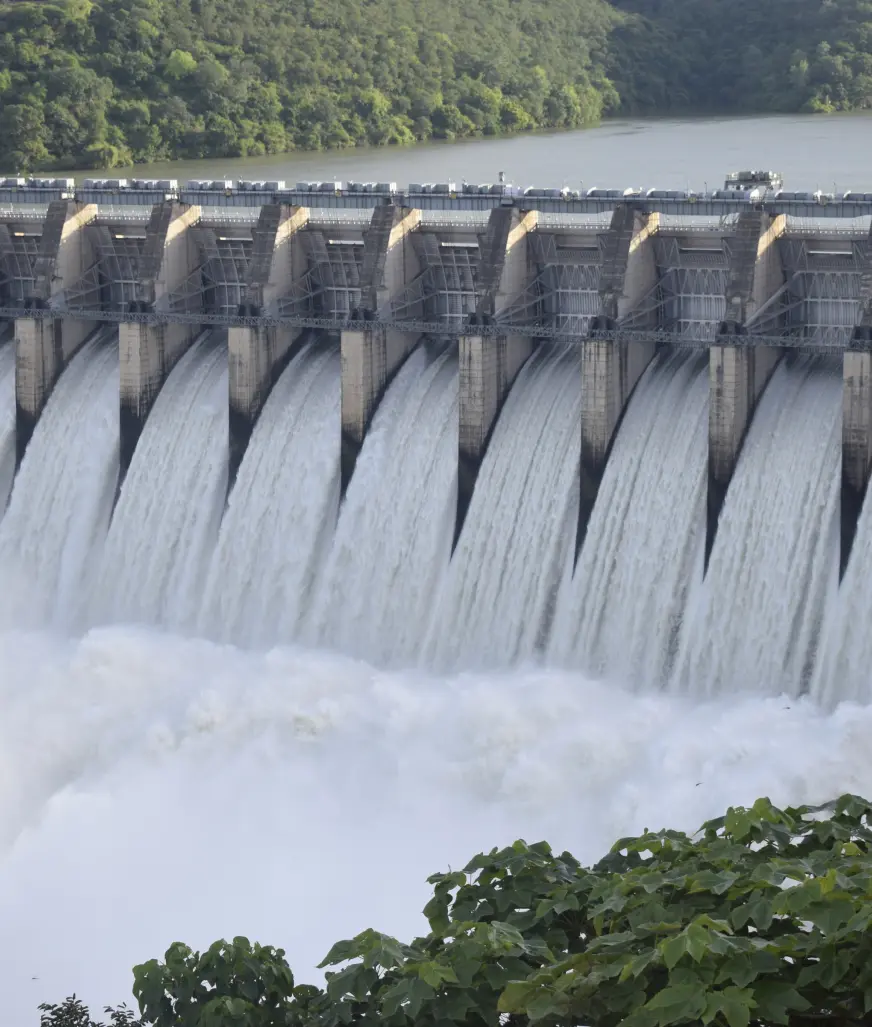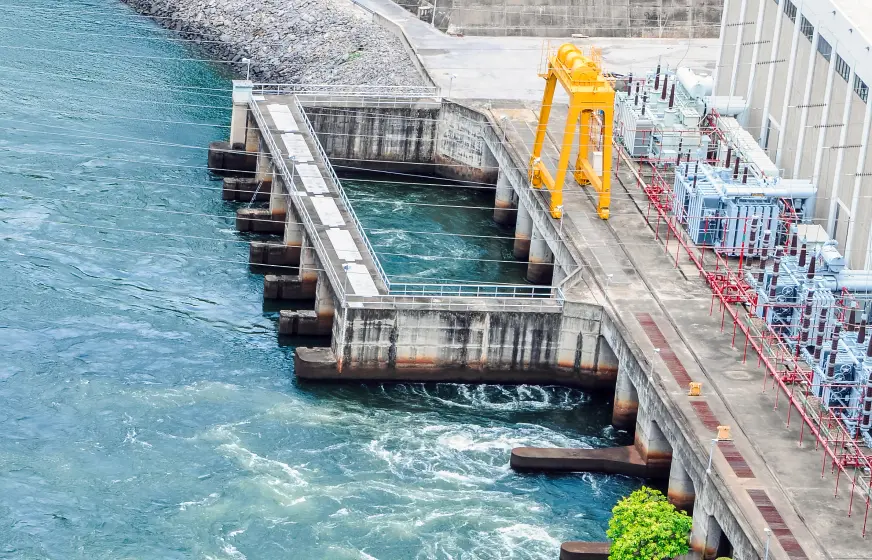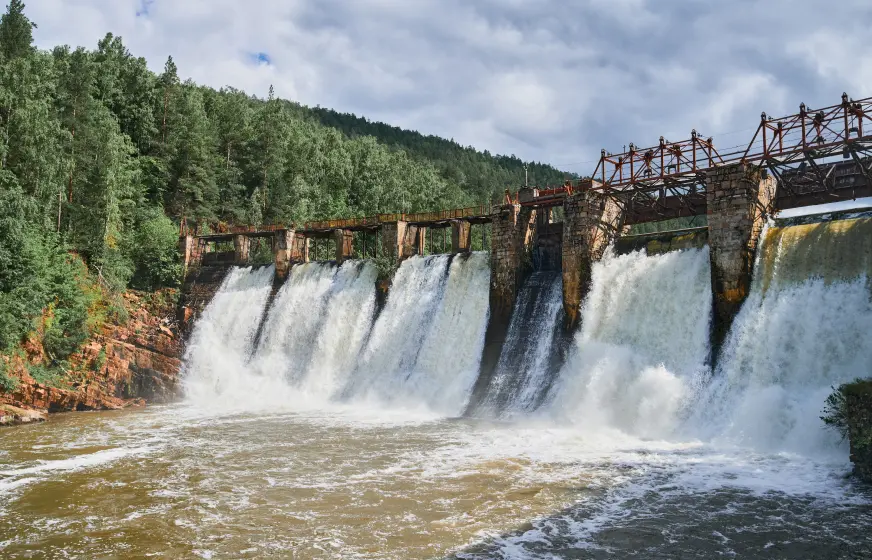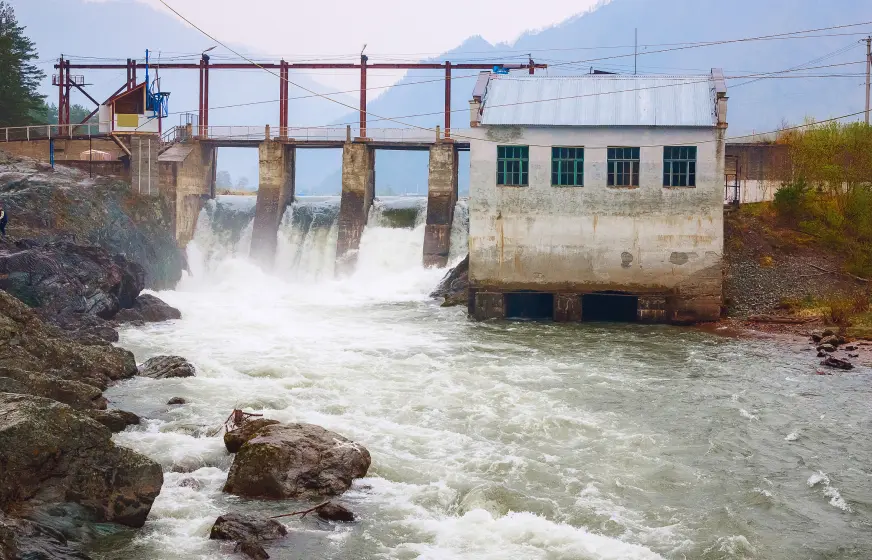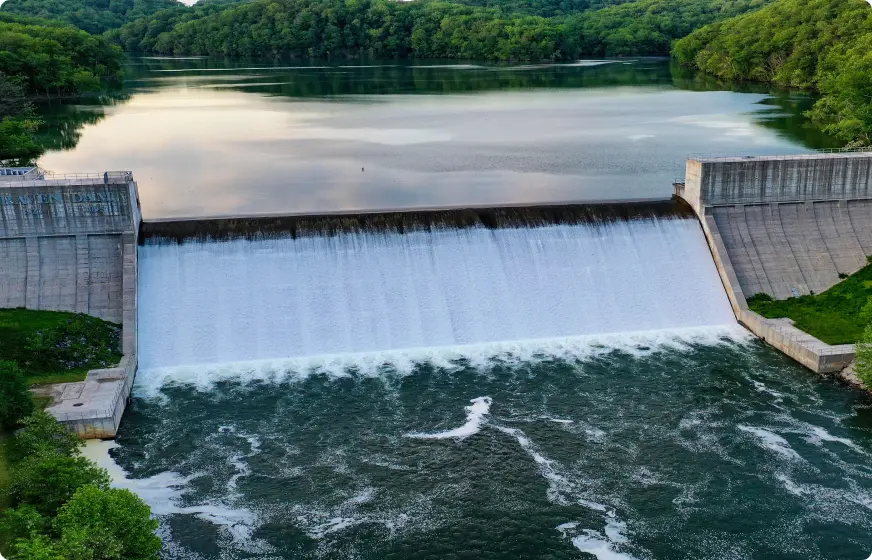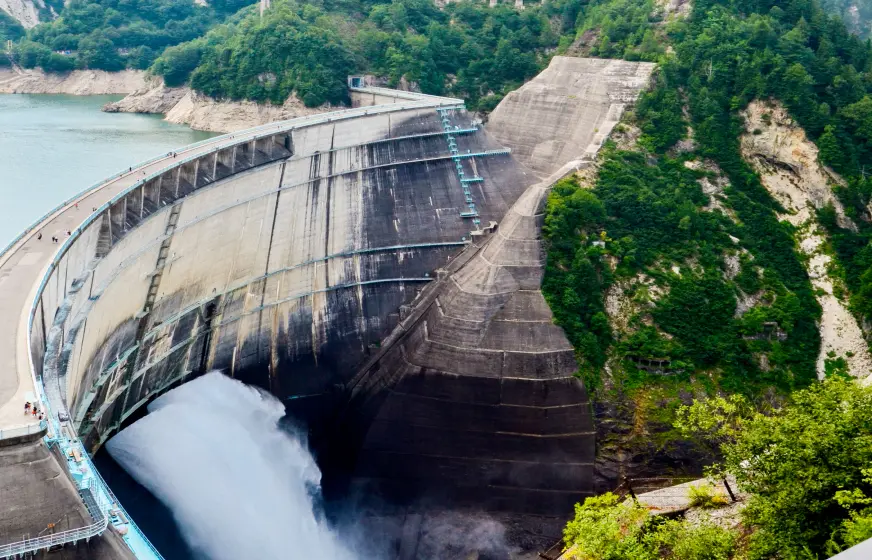
In the search for renewable energy sources that are both efficient and sustainable, small-scale hydropower stands out as a particularly promising option. By harnessing the energy of flowing water on a smaller scale, these systems can provide reliable electricity to local communities without the significant environmental impacts often associated with large hydropower projects.
Reliability and Consistency
One of the primary benefits of small-scale hydropower is its ability to provide a consistent and reliable source of energy. Unlike solar and wind power, hydropower systems can generate electricity continuously as long as there is a flow of water.
Environmental Sustainability
Small-scale hydropower systems are environmentally friendly. They produce clean energy with no direct emissions or pollutants.
Local Empowerment
By generating electricity locally, small-scale hydropower systems can empower communities. They can support local industries, improve access to education and healthcare, and enhance the overall quality of life.
Technological Innovations
Recent technological advancements have made small-scale hydropower systems more efficient and accessible. Innovations such as improved turbine designs, better materials, and advanced control systems have increased energy capture and system reliability.
In conclusion, small-scale hydropower offers a reliable, sustainable, and economically viable solution for renewable energy generation. By harnessing the power of flowing water on a local level, these systems can provide clean electricity to communities around the world, fostering development and improving quality of life. As we look to the future, embracing and investing in small-scale hydropower will be crucial in our global journey towards a more sustainable and equitable energy landscape.
